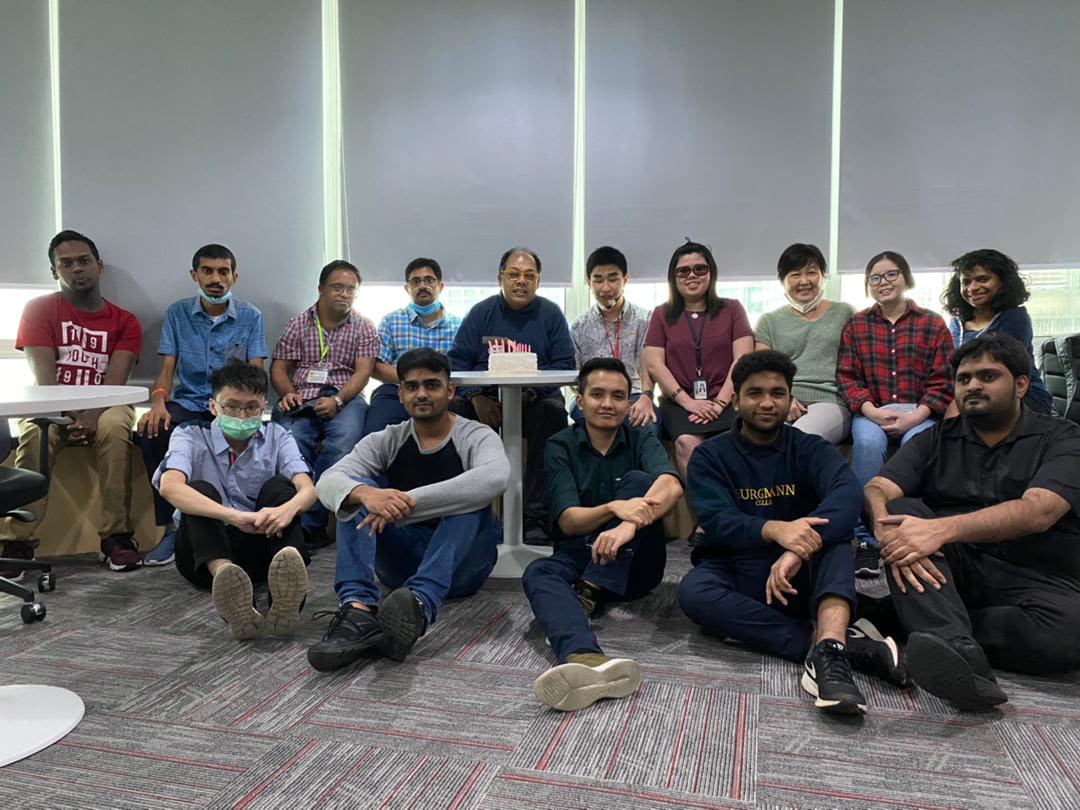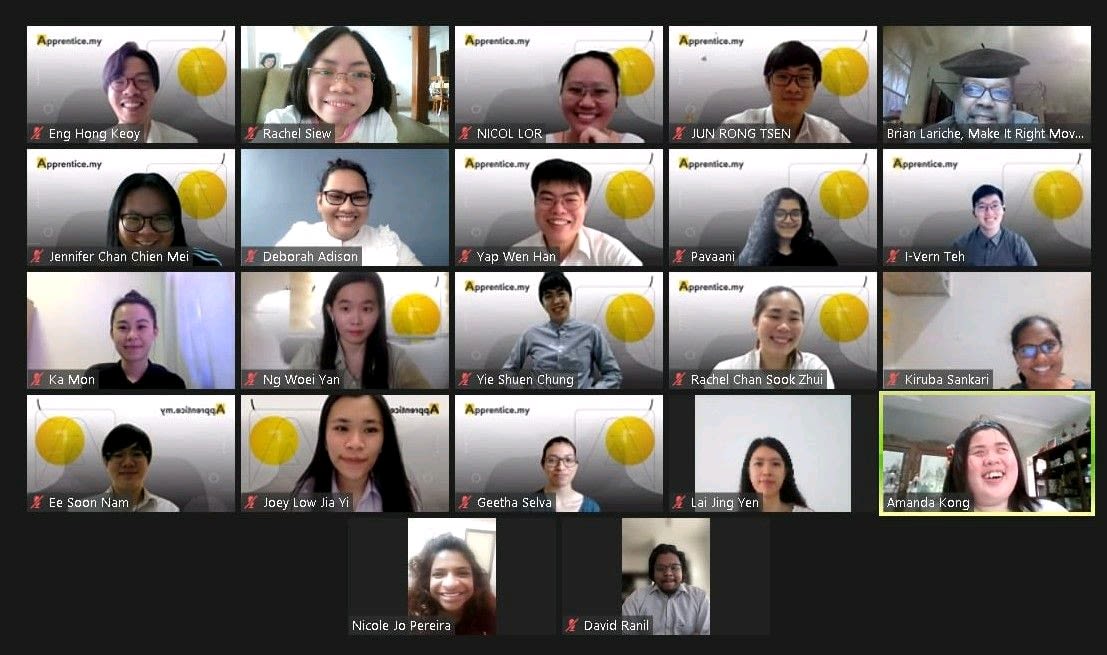BAC’s Apprenticeship Immersion Programme With MIRM

The ever-changing landscape of the job market is at its most competitive and vulnerable state ever since the Covid-19 Pandemic. With the rising number of businesses forced to shut down, pay cuts, and companies having to downsize, it has become increasingly difficult to keep up with the pace and virtual direction of the job market.
Careers that were steeped in tradition such as the legal fraternity has also taken a massive hit, with majority of court cases now switched to virtual hearings and trials. This change did not come easy as many members of the legal faculty had to learn to adapt to changes overnight. Offices needed to be digitalised and staff had to embrace this new “norm” of digital office work as well as the “Work from Home” (WFH) culture.
Probably the most affected group today would be graduating students, and fresh graduates who are now thrown into uncertain and unfamiliar territories. Gone are the days when one particular specialisation would be able to land a prospective employee a sustainable job or even be regarded as applicable in the current landscape of things.
In an effort to empower law graduates and prepare them to face the job market, Brickfields Asia College, in association with PERKESO, launched the BAC Apprenticeship Programme. The goal of this 3-month programme was to upskill law graduates with practical, personal and digital skills that would enable them to adapt to the changing nature of the work field.
One of the main areas of focus was the Immersion Programme with NGOs, spearheaded by Brian Lariche and his team at Make It Right Movement (MIRM). The idea behind this programme was to enable law graduates to be able to work together with various NGOs across Malaysia on different causes and gain insights, as well as practical knowledge regarding those causes.
David Ranil Nyanapragasam, from BAC's first batch of Programme Apprenticeship said, "I was fortunate to be a part of the MIRM team where we worked on multiple projects involving marginalised communities such as refugees and persons with disabilities (PWDs)."
This Immersion Programme with the first batch of BAC Apprentices not only allowed them to be directly involved with community related work, but it also helped them with their networking skills.
"We were introduced to numerous NGOs and had opportunities to work with people from all walks of life." said David.
Some of the Apprentices even had opportunities to moderate webinars and share as speakers for community projects. These invaluable experiences and skills gained, has helped many apprentices to build their own confidence and presentation skills.
To date, BAC has successfully engaged 30 apprentices under Batch 1, and 100 in Batch 2.


